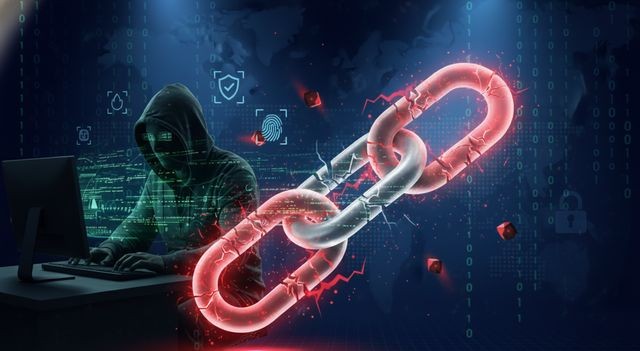In a bold move to safeguard national cybersecurity, the U.S. Department of the Treasury has imposed sanctions on Sichuan Juxinhe Network Technology Co., a Beijing-based cybersecurity firm, and Yin Kecheng, a Shanghai-based hacker. These entities have been accused of orchestrating sophisticated cyber intrusions targeting the U.S. Treasury and critical infrastructure. The sanctions aim to curb their operations and send a strong message against state-sponsored cyberattacks.
The Salt Typhoon Breach: A Nationwide Threat
The cyber espionage group known as Salt Typhoon, allegedly linked to China’s Ministry of State Security (MSS), executed a series of breaches targeting nine U.S. telecommunications companies. This coordinated campaign allowed unauthorized access to vast amounts of sensitive data, including call logs, unencrypted text messages, and surveillance information. Among the victims were high-profile U.S. government officials, exposing the severity of the breach and its national security implications.
Treasury Department Cyberattack: A Case Study
In December 2024, a major breach at the U.S. Treasury Department was discovered, where hackers infiltrated multiple workstations and accessed unclassified but sensitive documents. Security firm BeyondTrust identified the breach, attributing it to the theft of credentials used to remotely manage technical support services. The breach highlighted the attackers’ sophisticated tactics and the urgent need for stronger security measures.
Sanctions: A Strategic Countermeasure
The U.S. Treasury’s Office of Foreign Assets Control (OFAC) has imposed strict sanctions on Sichuan Juxinhe Network Technology Co. and Yin Kecheng, effectively freezing their assets in the U.S. and prohibiting financial transactions with them. These sanctions are designed to disrupt their operations and limit their ability to continue cyber espionage activities.
China’s Response and International Tensions
The Chinese government has denied involvement in these cyberattacks, labeling the sanctions as “groundless accusations.” In a statement, Chinese officials argued that the U.S. is using cybersecurity claims to exert geopolitical pressure. However, cybersecurity experts warn that China’s state-sponsored hacking efforts pose an ongoing threat to Western nations.
Impact on Critical Infrastructure Security
The breach of critical infrastructure systems demonstrates the evolving threats facing the U.S. Cybersecurity agencies, including the FBI and CISA, have raised alarms about the persistent targeting of sectors such as energy, healthcare, and telecommunications. FBI Director Christopher Wray emphasized that Chinese hackers are positioning themselves within American infrastructure, potentially preparing for future disruptive actions.
Lessons for Organizations
This incident underscores the importance of proactive cybersecurity strategies for both government and private sector organizations. Recommended measures include:
- Strengthening endpoint protection and network monitoring.
- Implementing multi-factor authentication (MFA) across all access points.
- Conducting regular cybersecurity training to raise awareness among employees.
- Engaging in threat intelligence sharing with industry peers.
The U.S. sanctions against Chinese cyber actors signal a growing emphasis on cybersecurity defense and deterrence. Organizations must take a proactive stance to defend against evolving threats and ensure their infrastructure remains resilient against state-sponsored attacks. Cybersecurity vigilance is no longer optional—it is a necessity in today’s digital landscape.


